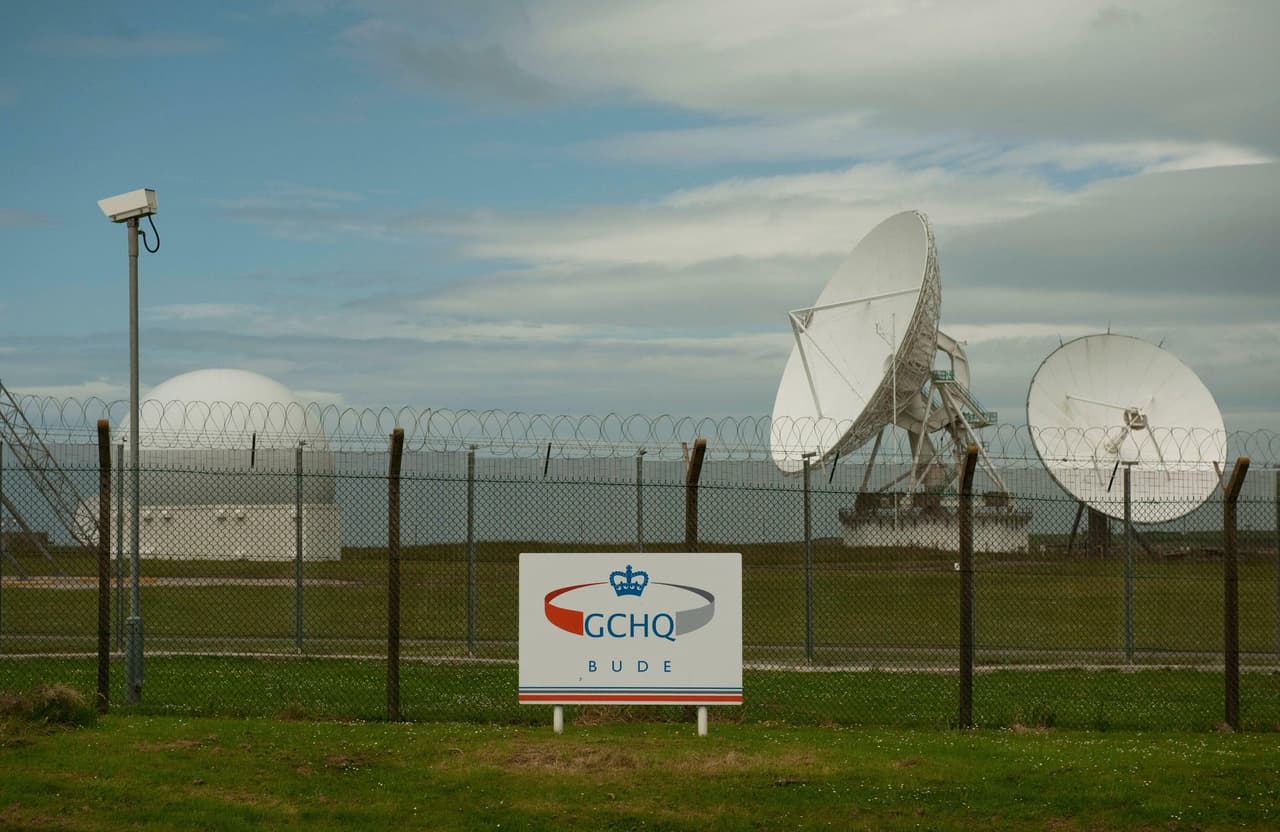
Bureau challenges UK government to ensure its spying regime is lawful
The Bureau of Investigative Journalism has written to the UK government asking for adequate safeguards to be put in place to ensure its spying regime is lawful.
The letter sent by our lawyers follows a landmark judgment earlier this year by the European Court of Human Rights, which ruled that the UK government’s mass surveillance of citizens through the collection of communications data was unlawful and violated our right to privacy. The judgment was in response to an eight-year legal challenge brought by the Bureau and a number of human rights organisations including Amnesty International.
The ruling significantly strengthened press freedoms and the right of journalists to protect their work and sources.
The surveillance methods used by GCHQ, the government’s spy agency, were revealed by NSA whistleblower Edward Snowden in 2013. The disclosures showed how the US and UK governments intercept, store and analyse huge amounts of information from our mobile phones: our locations, our contacts and details about who we have been communicating with.
The revelations raised major concerns about the level of access the government has to information about our communications. It also sent shockwaves through news teams who realised that GCHQ’s data-gathering allowed the agency to identify sources who were speaking to journalists.
We'll keep investigating government surveillance and the misuse of spying technology
The ECHR said intercepting a journalist’s communications data was just as intrusive as a police search of their home or newsroom. It ruled that if intelligence services want to carry out searches they suspect may uncover confidential journalistic material, or if they stumble upon such information and wish to use it, they must seek permission from an impartial decision-making body on the basis that access is “justified by an overriding requirement in the public interest”.
The Bureau’s legal letter asks how the government is going to ensure that its bulk surveillance regime is lawful and that journalists’ communications are protected.
The vulnerability of journalists and citizens to government spying was brought into sharp focus last week by Amnesty's revelation that software provided by the Israeli company NSO Group was seemingly being used by authoritarian regimes to track and spy on thousands of citizens around the world.
Political opponents and critics of despotic regimes were among the many people identified as being on lists of candidates for the surveillance, alongside activists, lawyers and journalists. The fiancée of brutally murdered Saudi journalist Jamal Khashoggi appeared on the list, as did Roula Khalaf, editor of the Financial Times.
As the Guardian’s investigations editor, Paul Lewis, wrote: “The huge data leak shatters the lie that the innocent need not fear surveillance.”
Although the UK government was not implicated in these revelations, the news offered a reminder of the vulnerability of our electronic communications – and why we need to know what measures our government is going to put in place to ensure journalists and their sources are protected from surveillance.
Erin Alcock, of the law firm Leigh Day, said: “The conclusions of the grand chamber were very clear – the UK’s current regime for bulk surveillance is incompatible with the European convention on human rights. Our client is asking the government to specify the changes they plan to implement to remedy this unlawfulness in the regime, and to ensure proper protection of confidential journalistic material such as sources.”
Header image: Satellite dishes at GCHQ's outpost in Bude, south-west England. Credit: Kieran Doherty/Reuters




